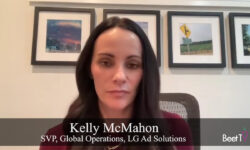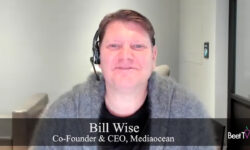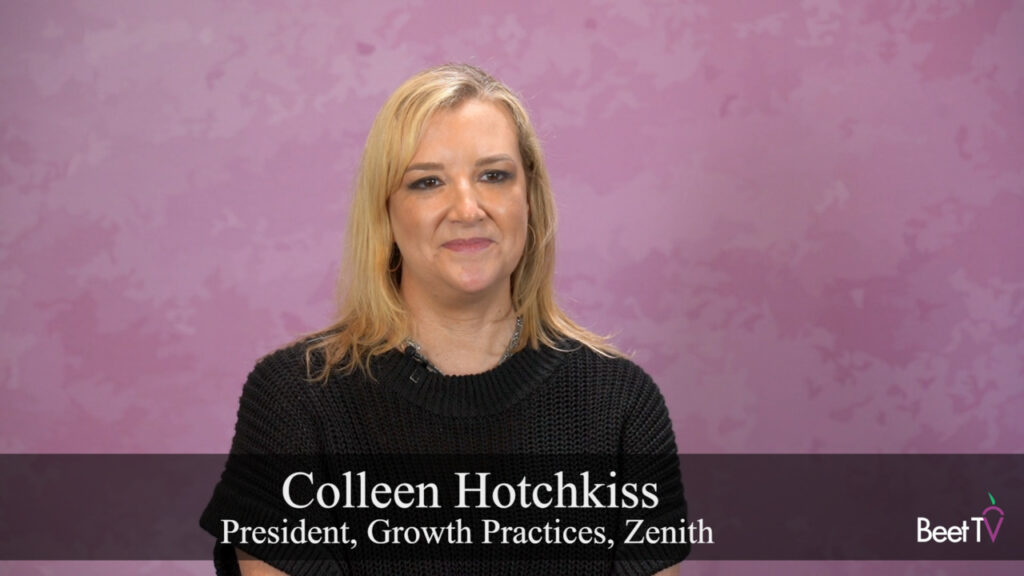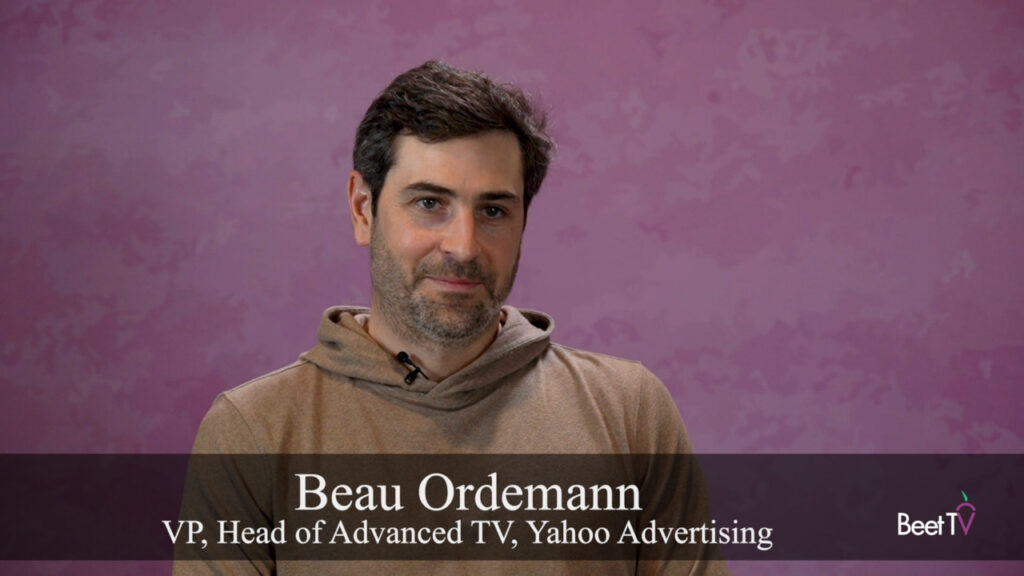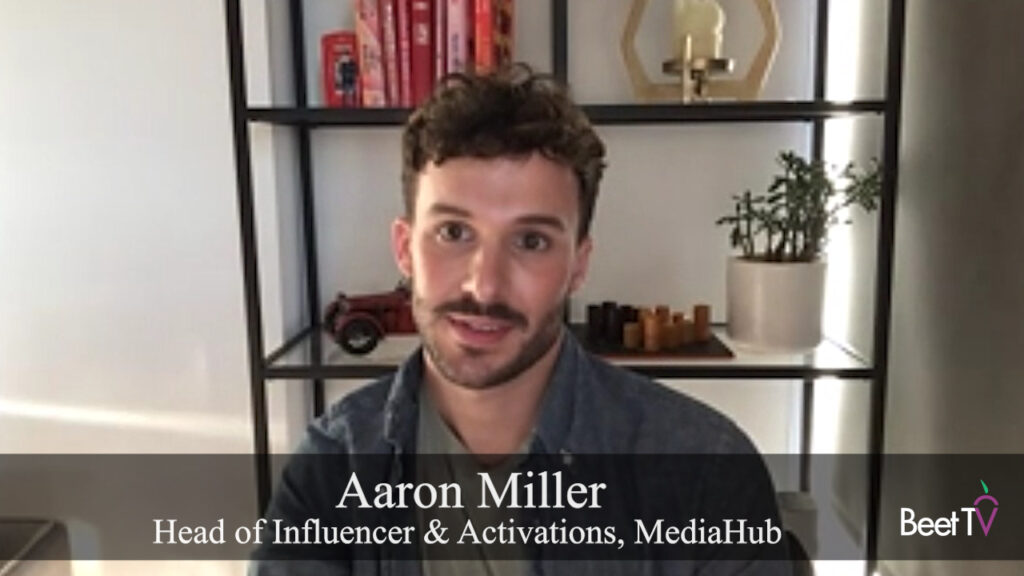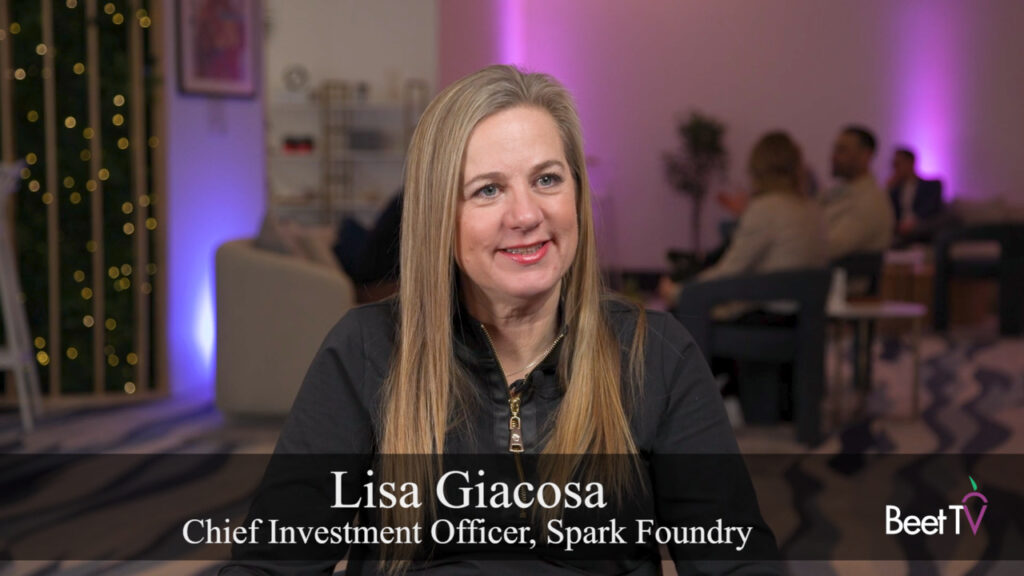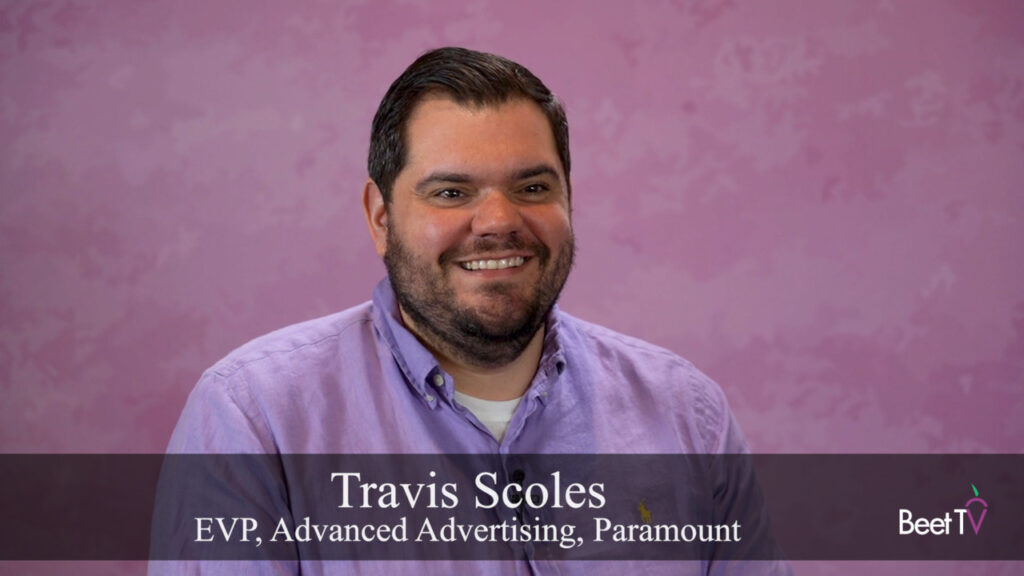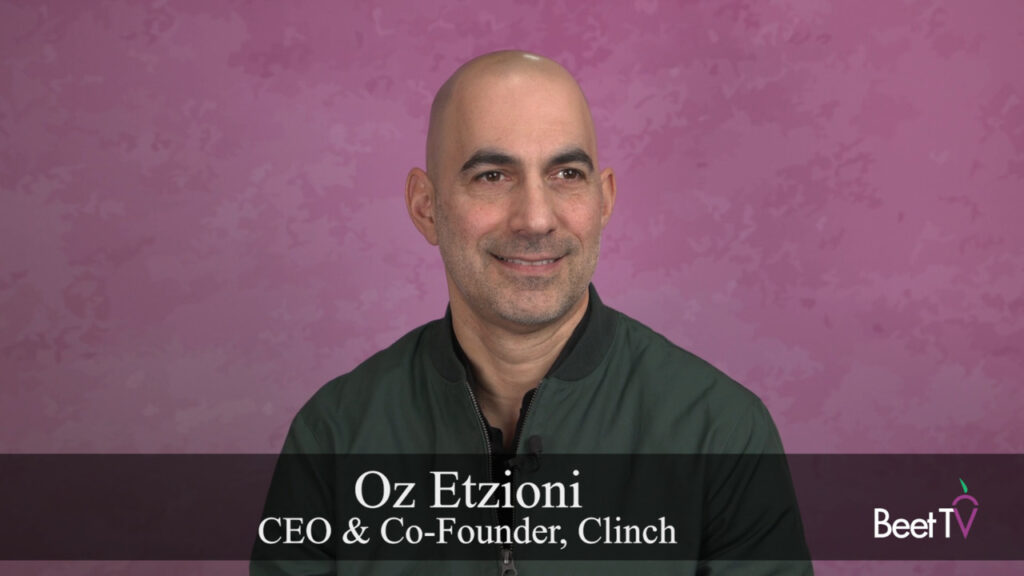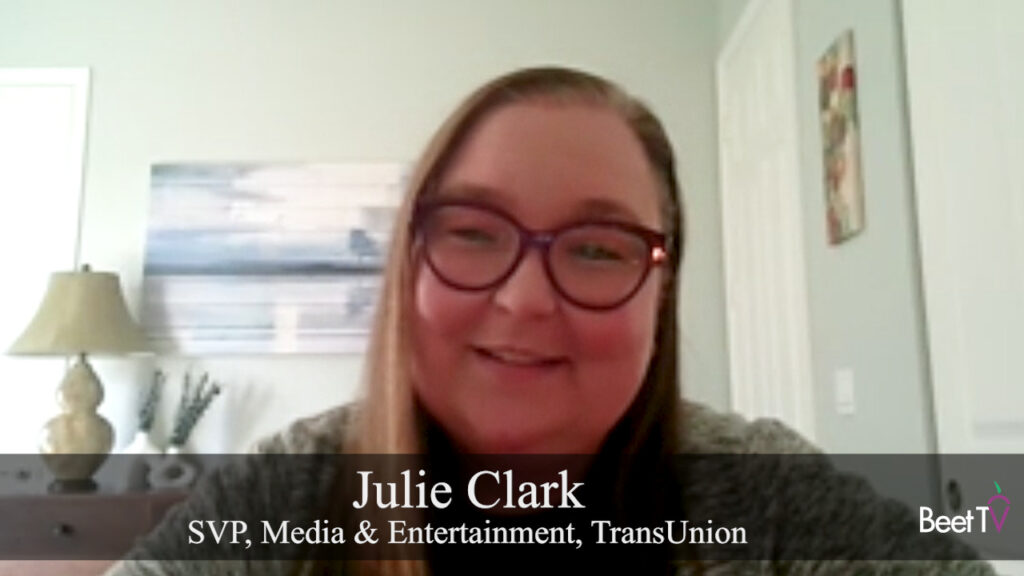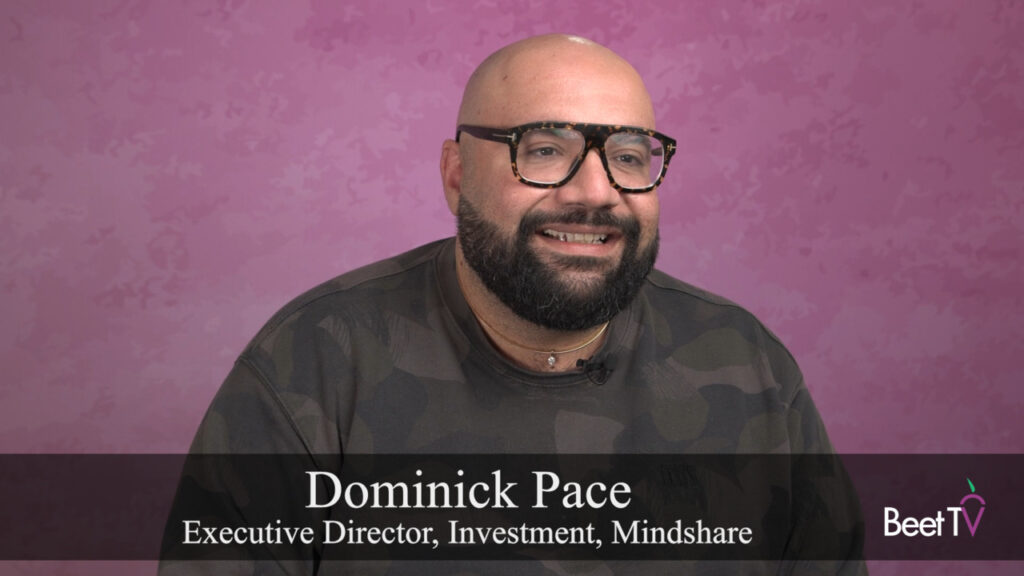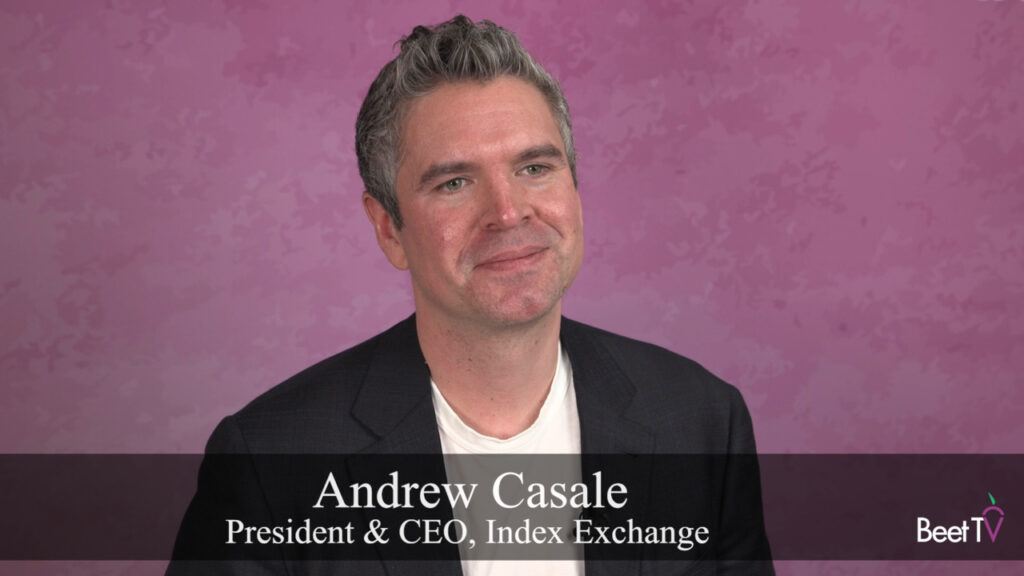You don’t need to tell Beet.TV how problematic it can be when advertisers, seeking “brand safety”, use keyword-based blacklists to ensure they don’t get placed against certain news stories or even whole sites.
This March, we ran a whole series – Why News in Today’s Marketplace – on how news publishers were arguing for their continued place in the marketing mix.
- Vice Media told us in September and February that 18-month research showed it how some advertising customers were blacklisting its stories if they contained words like ‘gay’, ‘lesbian’, ‘Muslim’ and ‘black’.
- At the world’s biggest media-buying agency, GroupM global brand safety EVP John Montgomery warned us: “News organizations aren’t getting the revenue that they deserve because … marketers have been worried about adjacency to risky content.” (We are republishing that video today.)
Now The Wall Street Journal is bringing wider prominence to the issue, with a feature story – Advertisers Blacklist Hard News, Including Trump, Fearing Backlash – that lifts the lid on how brands are increasingly using blacklisting.
“Bomb,” “immigration,” “racism,” "Trump." Companies don't want their online ads to appear near certain words in news articles. https://t.co/1Z56qVM23R
— The Wall Street Journal (@WSJ) August 15, 2019
According to the story:
- Fidelity Investments’ blacklist recently “contained more than 400 words, including ‘bomb’, ‘immigration’ and ‘racism’. Also off-limits: ‘Trump'”.
- “Colgate-Palmolive Co., Subway and McDonald’s Corp. are among the many companies blocking digital ad placements in hard news to various degrees.”
- “Some companies are creating keyword blacklists so detailed as to make almost all political or hard-news stories off-limits for their ads.”
Suzanne Vranica’s story hears from news executives and agency representatives alike who are growing increasingly worried at the sophistication and bluntness with which ad buyers are using digital keywords to swerve around current affairs. She brings industry data to describe the problem:
- DoubleVerify: During Q2 2019, 177 advertisers who use the ad verification tool blocked ads from news or political content – up 33% from a year earlier.
- Integral Ad Science: Of 2,637 who used it in June, 1,085 brands declined advertising against the word “shooting”, for instance.
Ad verification tools launched keyword blacklisting as a response to earlier misplacements of advertising against questionable content, landing brands in hot water with customers and onlookers.
But many are concerned that advertisers’ response to the crisis has gone too far, and that refusing to spend money against some of the most necessary and difficult news coverage will discourage publishers from featuring important stories.











